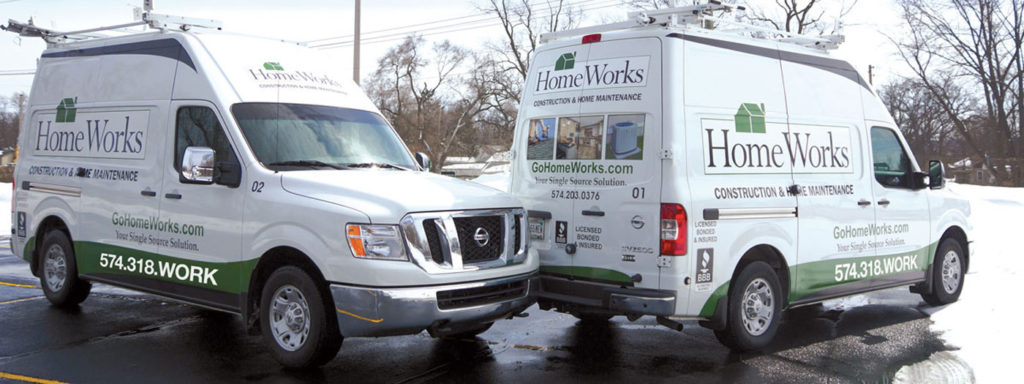Types Of Underlayment
Homeowners in Indiana need to be aware of the different types of underlayment available for their roofing project. Each type has its own set of benefits and drawbacks that should be considered before making a decision. This article will provide an overview of the different types of underlayment so that homeowners can make an informed decision about which one is right for their home. Roofers commonly use three different types of underlayment: Asphalt-Saturated Felt Roof Underlayment, Rubberized Asphalt Roof Underlayment, and Non-Bitumen Synthetic Roof Underlayment. Let’s take a closer look at each one.
Asphalt-Saturated Felt Roof Underlayment
Asphalt-Saturated Felt Roof Underlayment is a traditional, common type of underlayment. It consists of organic paper that has been impregnated with asphalt to improve its waterproofing and durability qualities. This type of underlayment is often used in conjunction with roof tiles or shingles as the base layer, providing an extra layer of protection against moisture intrusion into the home’s interior. Asphalt-saturated felt roof underlayment can provide good protection from water damage but may not be suitable for regions prone to high winds or extreme weather conditions due to its ability to absorb moisture and possibly disintegrate over time.
Rubberized Asphalt Roof Underlayment
Rubberized Asphalt Roof Underlayment is a more modern type of underlayment that combines asphalt with a synthetic rubber compound to create a stronger, more durable roofing material. This type of underlayment can provide superior protection against moisture and UV damage while being less susceptible to wear and tear than its felt counterpart. Rubberized asphalt roof underlayment can be an excellent choice for homeowners in Indiana who are looking for the maximum amount of protection from water damage.
Non-Bitumen Synthetic Roof Underlayment
Non-Bitumen Synthetic Roof Underlayment is made from a combination of polypropylene and other components that make it waterproof, resistant to UV rays, and highly durable. It is often used in conjunction with shingles or tiles as an extra layer of protection against moisture intrusion into the home’s interior. Non-bitumen synthetic roof underlayment is a versatile option that can be used in both residential and commercial roofing applications.
WinterGuard® Roof Underlayment
WinterGuard® waterproofing shingle underlayment is the solution for winning the battle against water penetration in your roof’s most vulnerable places. WinterGuard is a composite material of asphalt polymers, formed into a rolled sheet. The asphalt makes it vapor-tight, and the polymers make the asphalt elastic and sticky. This protective barrier is able to stretch and seal around nails driven through it.
WinterGuard is one of the key components in the CertainTeed Integrity Roof System® which is comprised of underlayments, shingles, accessory products and ventilation all working together. The Integrity Roof System is designed to provide optimum performance–no matter the weather conditions.
Knowledge & Experience Matter
Before starting any roofing project, it is important to hire a qualified and experienced contractor. A professional contractor will be able to help determine which type of underlayment is best for your project and they will have the knowledge and experience needed to properly install it. Working with an experienced professional can ensure your roof is installed correctly so that you get the maximum protection from water damage and other weather-related issues that may arise.

